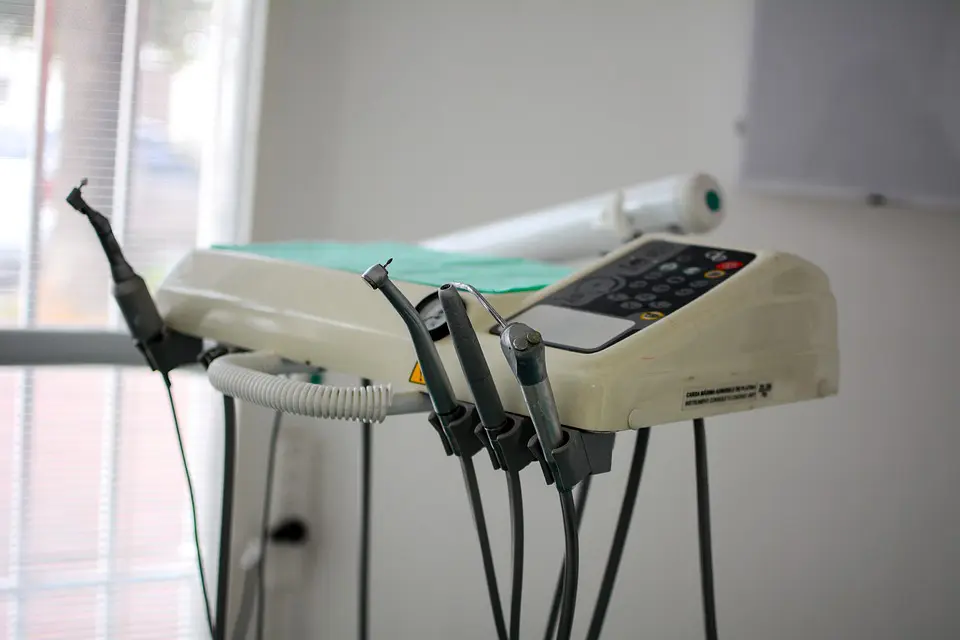If you get anxious at even the thought of visiting the dentist, you are not alone. A lot of people are thrown off by the discomfort, sounds, smells, or pain associated with certain dental procedures. For people who tremble at the sight of a dentist’s chair, there is a solution that can help eliminate the fear factor: sedation.

Sedation dentistry can help dental patients go through their dental procedures and treatments without fear. When you’re sedated, it allows the dentist to work quickly and focus on your treatment instead of working so hard to soothe your nervous concerns.
There are various sedation options that a dentist can administer. If the procedure is short, he or she can have you inhale nitrous oxide. Nitrous oxide relaxes you instantaneously, rendering you drowsy, but recovery comes within minutes. IV sedation, on the other hand, is usually set aside for long or complicated procedures. Oral sedation comes in the form of a small pill that makes you relax but not become unconscious.
There are a few things to consider before requesting oral sedation over the other methods.
You don’t want to be out cold: There are varying degrees of dental sedation, with the most extreme being general anesthesia that puts you into a deep sleep. The result of general anesthesia is a complete loss of consciousness. Many people are afraid that they won’t wake up after anesthesia, and this can cause some significant anxiety. The perfect option for this kind of fear is dental sedation. Dental sedation makes you relax without completely losing consciousness.
You have good overall health: If you feel anxious about the dentist but are in otherwise good health, you’re probably a good candidate for sedation dentistry. If you have significant health problems that would prevent oral sedation from being effective, your dentist will help you choose a better option for you.
Your dental procedure is painful: Oral sedation works best for patients who are undergoing painful dental procedures. Some people have gums and teeth that are highly sensitive to pain, so they avoid going to the dentist. This only exacerbates the problem because the longer they postpone their dental procedure, the more dental intervention they will need. If you are hesitant to see a dentist because you are afraid of the associated pain, oral sedation could be a good path for you.
Your procedure is long: If you are scheduled for a lengthy dental procedure, expect discomfort or pain throughout the process. If you do not want to experience that, the solution is dental sedation dentistry. You remain awake, but the sedation helps keep you calm and composed—even if the procedure takes a while.
You have a strong gag reflex: If you have a strong gag reflex, you are not alone. Many people gag and sputter when the dental equipment is first introduced into the mouth. The discomfort becomes more pronounced when the dentist starts drilling or touching the teeth, gums, and tongue. For people with a strong gag reflex, the use of oral sedation dentistry may be the solution.
If you feel like you fit the bill for sedation dentistry, talk to your dentist about the procedure to make sure that it is the best option for you.
